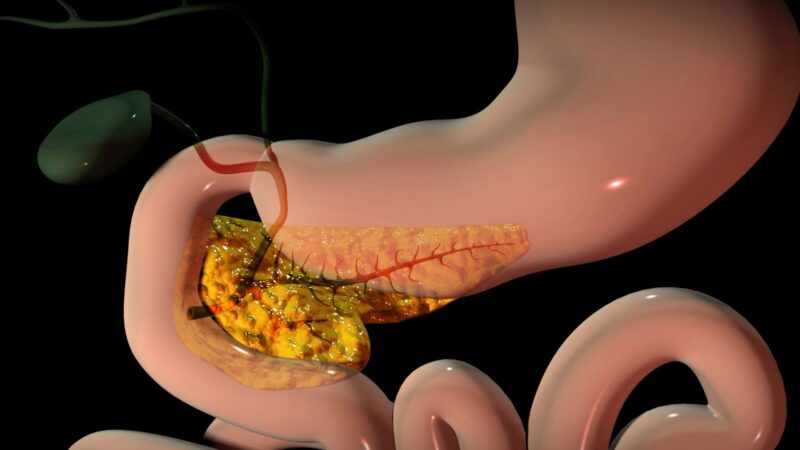Professor Kim Hemsley,
Head of Childhood Dementia Research Group
Flinders University
ADELAIDE, SOUTH AUSTRALIA
You Might also like
-
Novel therapy for pancreatic cancers, targeting molecular foundation
Dr Michael Lee is an experienced medical oncologist, sub-specialising in gastrointestinal cancers and neuroendocrine tumours at the Peter MacCallum Cancer Centre.
He plays a key role in molecular tumour boards at VCCC Alliance (Victorian Comprehensive Cancer Centre) and MPCCC (Monash Partners Comprehensive Cancer Consortium), ensuring the accurate and effective use of precision medicine in cancer care across the state.
-
New treatments for patients with mental illness
Associate Professor Bernadette Fitzgibbon is a neuroscientist with several decades of experience in researching, developing, and translating novel therapies for mental health and chronic pain conditions. This includes the application and optimisation of brain stimulation and psychedelic therapies, overseeing large multi-site intervention trials, both within Australia and abroad. Through her work, she has developed meaningful collaborations with consumers, volunteers, policy makers, and services providers, ensuring that the outcomes of her work contribute towards real-world clinical impact.
-
Medically Complex Pregnancies
A/Prof Shelley Wilkinson is an Advanced Accredited Practising Dietitian, Fellow of Dietitians Australia, and a leading Australian researcher in maternal health and implementation science.
She has over 30 years of experience in the field and holds a PhD in Psychology. Her passion is in health service redesign through co-creation and combining the ‘know-what’ of nutrition with the ‘know-how’ of innovative behaviour change techniques.



